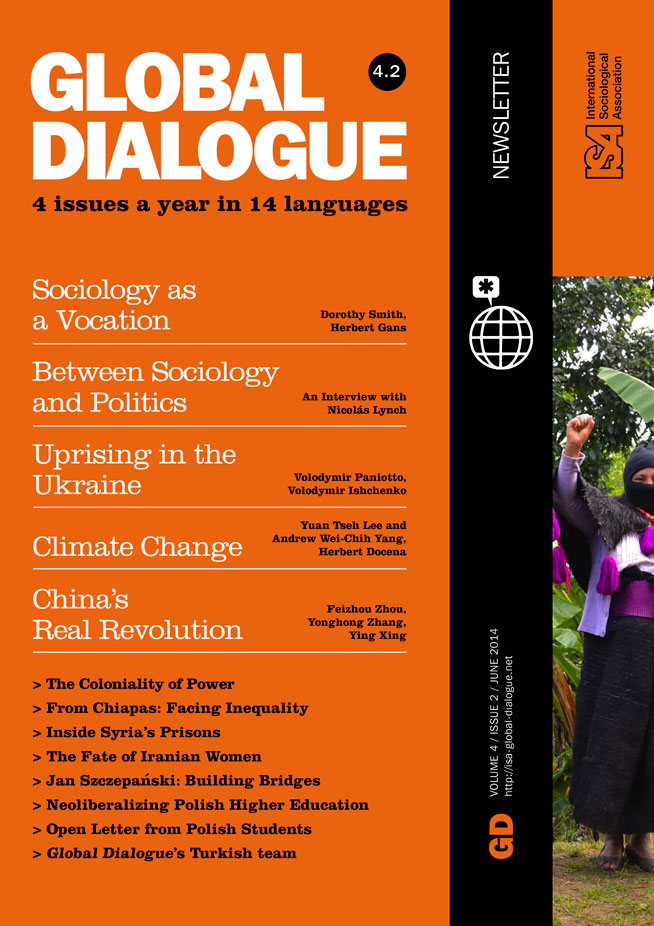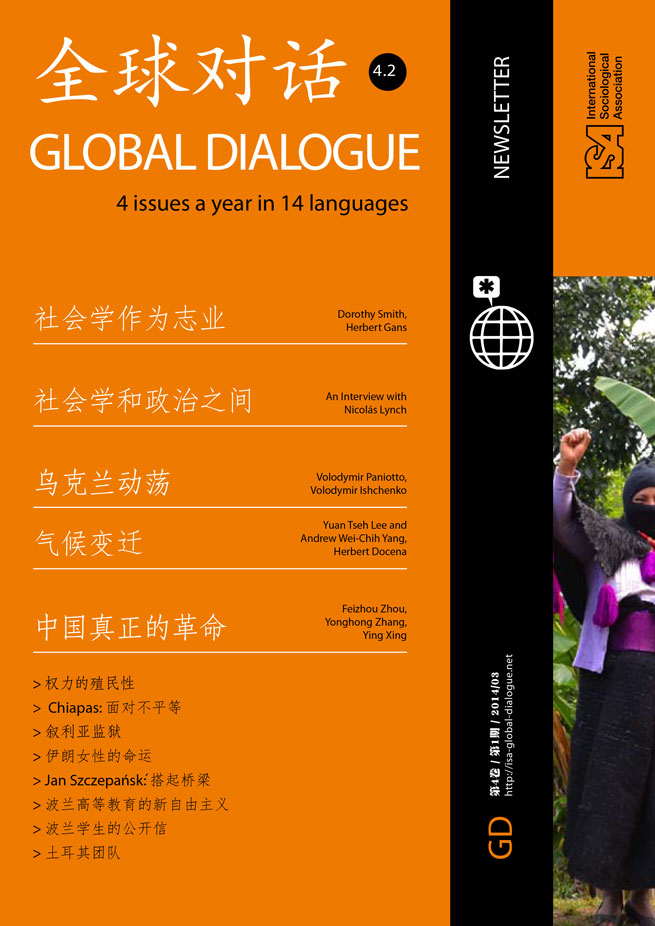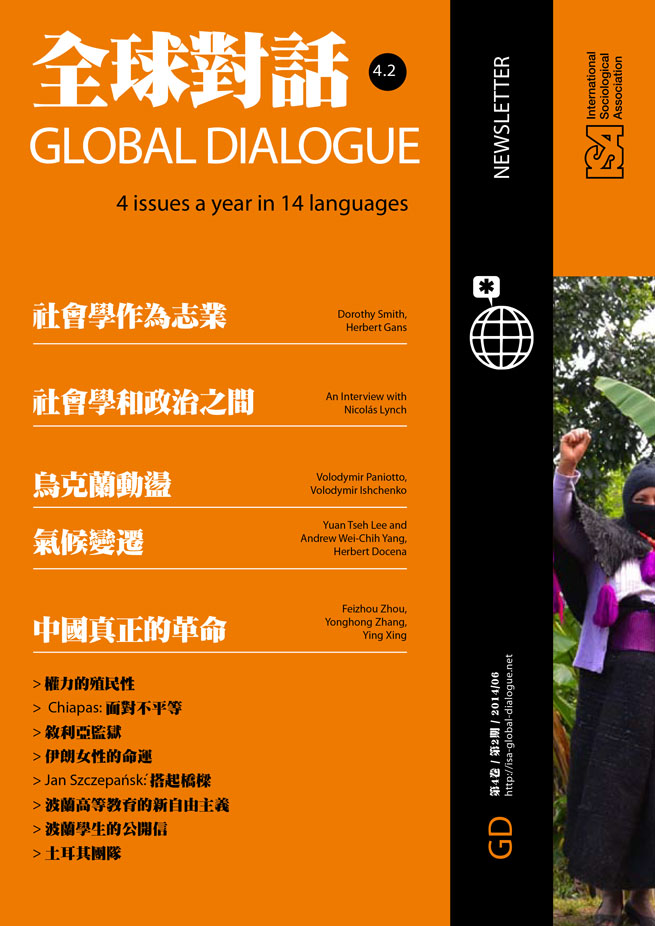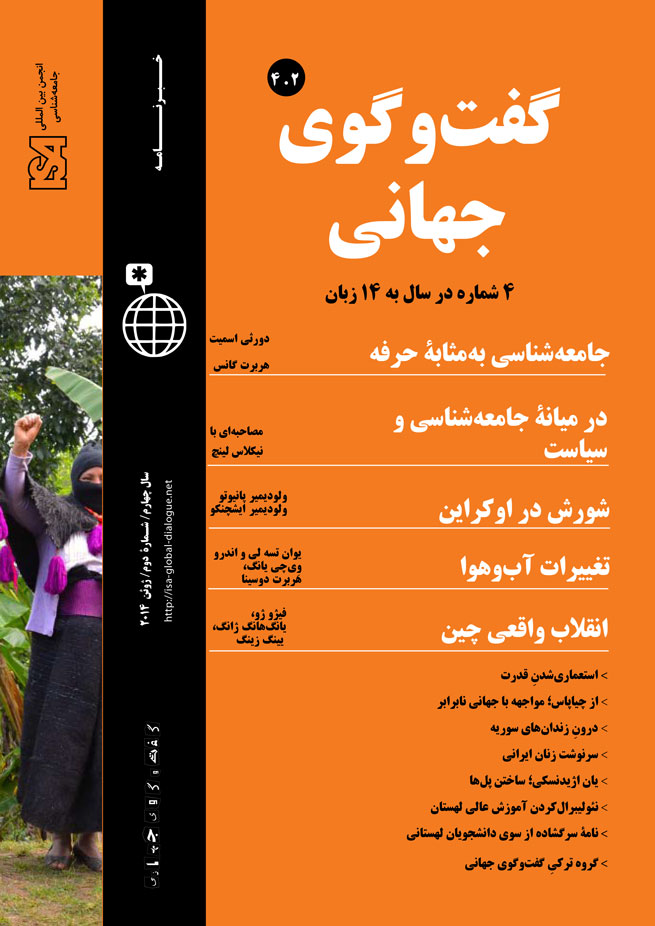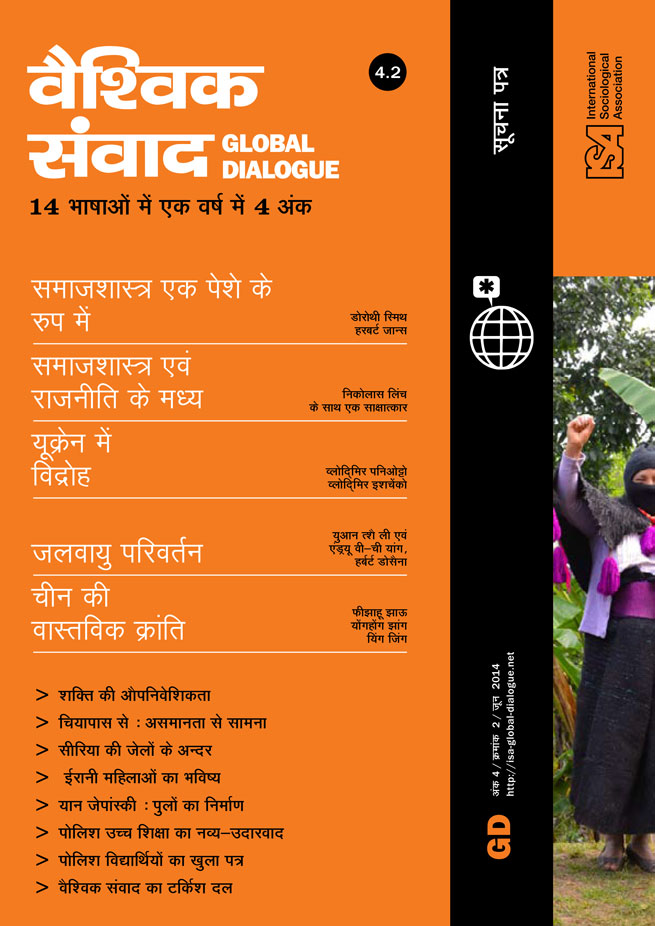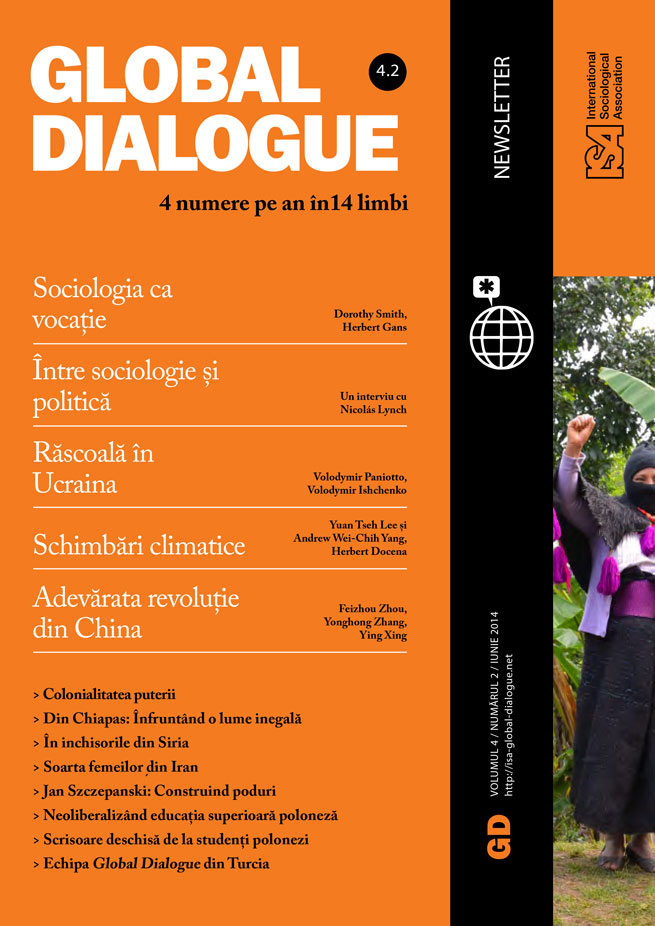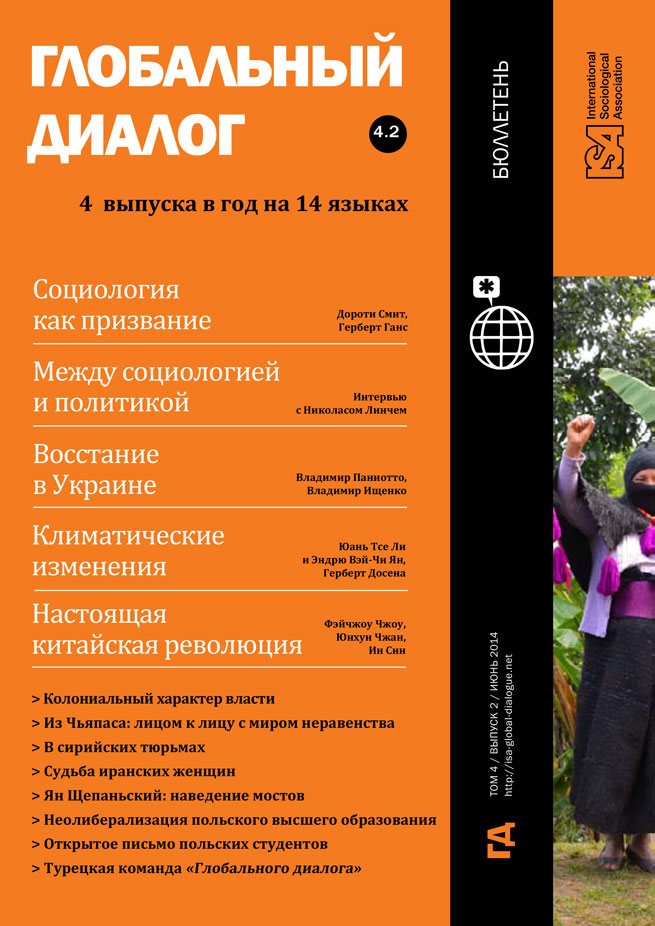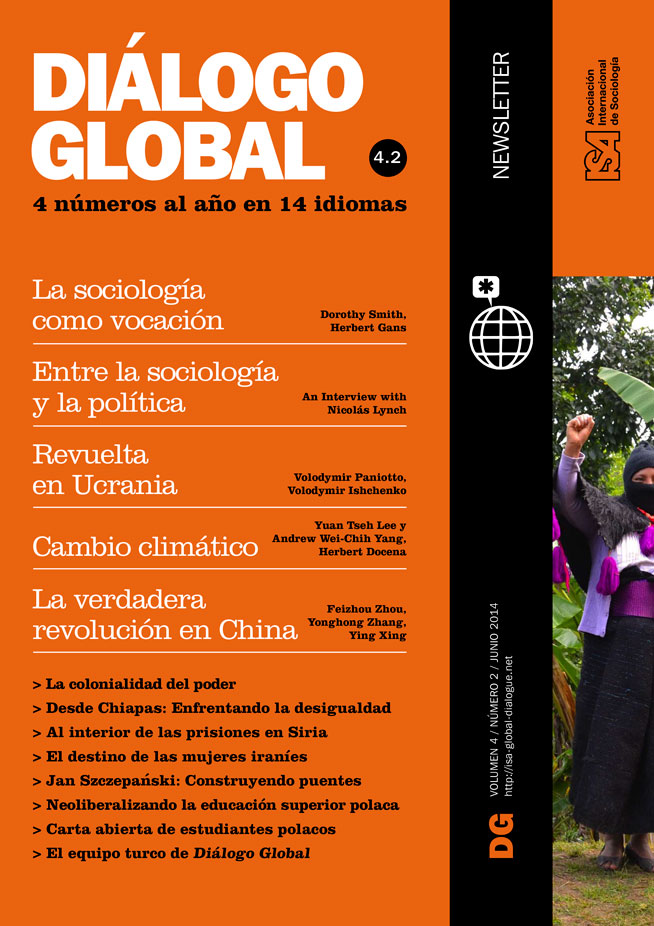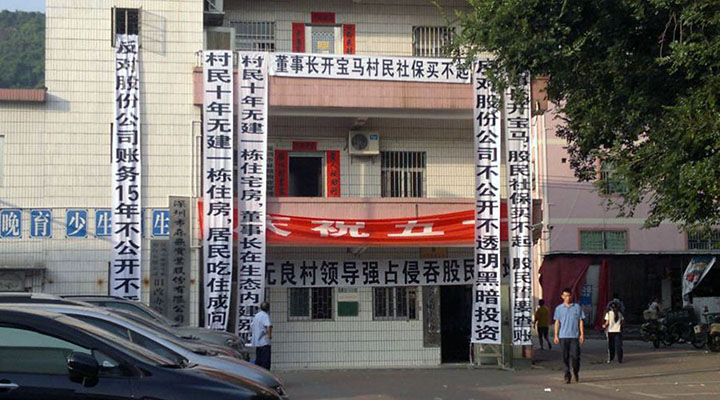Read more about Change and Resistance in China
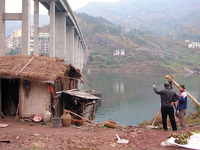
Channeling Protest: The Case of the Three Gorges Dam
by Ying Xing
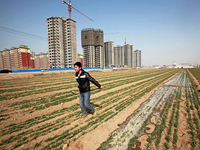
Drama and Devastation in Chinese Urbanization
by Feizhou Zhou
May 16, 2014
During the unprecedented process of urbanization in China, along with the requisitioning of collective land for urban construction, the management and distribution of rural collective assets have become the main focus of social contradictions and conflicts. In the early 1990s, the urbanization of the Southeastern coastal areas was far more rapid than the development of other areas in China. Under the direction of local government, the villages around cities gradually converted villagers’ collective land assets into shares, and allocated them to individual villagers. Without changing the overall system of collective ownership of rural land, these villages established “community shareholding corporations,” and the villagers became the shareholders in collective land assets, and enjoyed the dividends this brought.
The community shareholding corporation was the attempt by local governments to adapt rural society to urbanization without radically changing the prior power structure inherited from the era of the people’s commune. Board members of the corporation were elected by shareholding villagers, but the outcome was deeply influenced by local government and village clans. In most cases, the village party-branch secretary “naturally” became the chairman of the board, monopolizing political, economic and social power. The community corporation continued the connection between local government and surrounding villages, thereby becoming a tool of the government in meeting the new challenges of urbanization. For instance, the community corporation not only managed the collective asset but took over from local government the responsibility for village infrastructure, public safety, community welfare, and environmental protection.
Although the village committee and the community corporation are nominally grass-roots autonomous organizations, the influence of local government and village clans often override the independent democratic rights of villagers. The result is a conspiracy of the chairman of the board (also village party secretary) and local government to appropriate the collective land claims and control collective assets.
In recent years, due to the continuous appreciation of land values, the chairman of the board or village party secretary enriched himself from the sale or rent of expropriated land. This has given rise to village protests. Since spring 2012, induced by the dramatic events in Wukan, almost every village under the jurisdiction of Guangzhou and Shenzhen Municipal Governments (Guangdong province) – studied by my research institute – has seen an outbreak of collective violence stemming from conflicts over land. In the case of Guangzhou municipality, for example, after several years of protest, villagers finally won in 2013 their appeal against the leaders of the original shareholding corporation, and the newly elected board signed a new lease on the collective property, bringing in an extra 100 million RMB ($16 million).
Unlike labor disputes, struggles against land expropriation and corruption entail the protection of villagers’ personal economic interests as well as serious challenges to the legitimacy of local government. Thanks to the intricate traditional patterns of family and community ties and their multi-generation residency in the villages, land struggles tend to be long-lasting and pose a serious threat to the social stability of the regime. Moreover, without settling village protests, future land redistribution and urban development will be permanently arrested. Therefore, local governments have begun to take strict measures to investigate and punish corruption. Thus, in Guangzhou municipality, almost a quarter of village party cadres have been punished for illegal activities.
Under China’s authoritarian system, procedural games (e.g. village elections and lawsuits) are effective means of resolving protest. Aware of how the provincial government dealt with the Wukan protests, in places where village opposition is strong and there is ample evidence of corruption, local governments have responded to conflicts around land grabs by investigating suspect village leadership and by organizing the election of new ones. At the same time, in most villages, elections still do not protect the property rights of the villagers, but instead they become a tool for leaders of community corporations to abuse power and seek personal profit. Therefore, villagers harbor a bleak view of elections. They do not consider elections an inalienable right of the citizen but merely an instrument for them to protect their personal interest. As they told us during our fieldwork, anyone who wins the election will turn it into a means for personal aggrandizement.
The existing system of village governance, based as it is on the collective land ownership, severely erodes village autonomy. As urbanization progresses, the government is supposed to be accountable to the needs of the people and endow villagers with the same civil rights as urban residents. To date, interactions between state and villagers are in flux, as both parties explore new modes of local governance. However, notwithstanding all the experiments, without transforming the current system of landed property ownership, villagers are inevitably going to lose out in the process of urbanization.
Yonghong Zhang, Sun Yat-Sen University, Guangdong, China
This issue is not available yet in this language.
Request to be notified when the issue is available in your language.
If you prefer, you can access previous issues available in your language:

